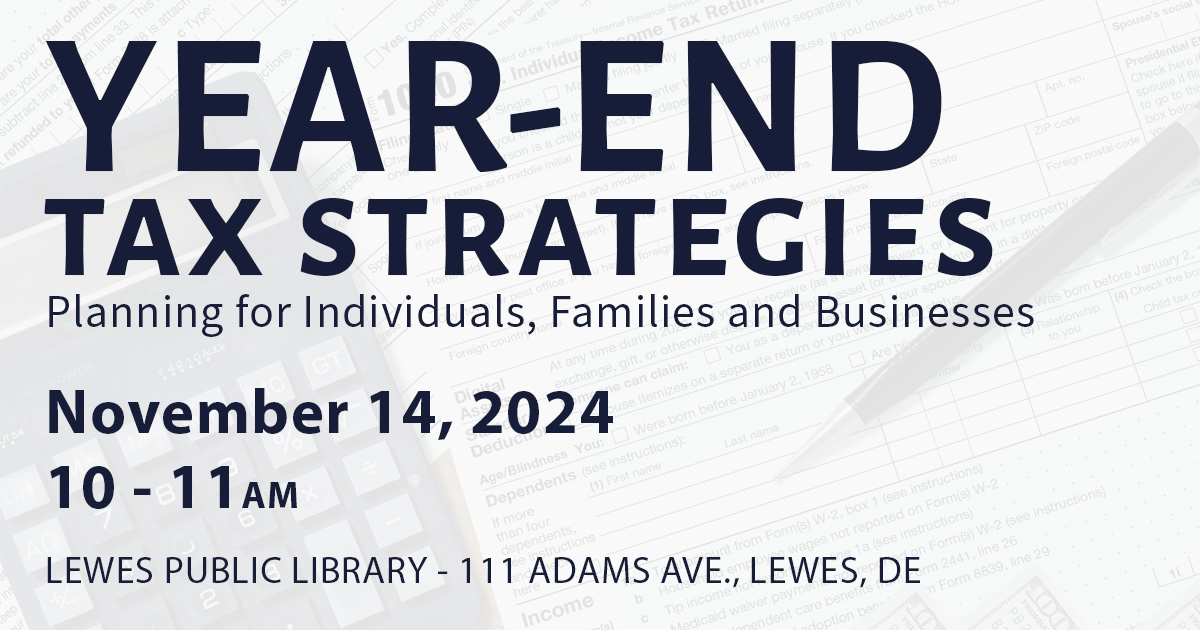When buying a vacation home, the primary objective is usually to provide a place for many years of happy memories. But you might also view the property as an income-producing investment and choose to rent it out when you’re not using it. Let’s take a look at how the IRS generally treats income and expenses associated with a vacation home.
Mostly personal use
You can generally deduct interest up to $1 million in combined acquisition debt on your main residence and a second residence, such as a vacation home. In addition, you can also deduct property taxes on any number of residences.
If you (or your immediate family) use the home for more than 14 days and rent it out for less than 15 days during the year, the IRS will consider the property a “pure” personal residence, and you don’t have to report the rental income. But any expenses associated with the rental — such as advertising or cleaning — aren’t deductible.
More rental use
If you rent out the home for more than 14 days and you (or your immediate family) occupy the home for more than 14 days or 10% of the days you rent the property — whichever is greater — the IRS will still classify the home as a personal residence (in other words, vacation home), but you will have to report the rental income.
In this situation, you can deduct the personal portion of mortgage interest, property taxes and casualty losses as itemized deductions. In addition, the rental portion of your expenses is deductible up to the amount of rental income. If your rental expenses are greater than your rental income, you may not deduct the loss against other income.
If you (or your immediate family) use the vacation home for 14 days or less, or under 10% of the days you rent out the property, whichever is greater, the IRS will classify the home as a rental property. In this instance, while the personal portion of mortgage interest isn’t deductible, you may report as an itemized deduction the personal portion of property taxes. You must report the rental income and may deduct all rental expenses, including depreciation, subject to the passive activity loss rules.
Brief examination
This has been just a brief examination of some of the tax issues related to a vacation home. Please contact our firm for a comprehensive assessment of your situation.
Copyright © 2017
PKS & Company, P. A. is a full service accounting firm with offices in Salisbury, Ocean City and Lewes that provides traditional accounting services as well as specialized services in the areas of retirement plan audits and administration, medical practice consulting, estate and trust services, fraud and forensic services and payroll services and offers financial planning and investments through PKS Investment Advisors, LLC.





